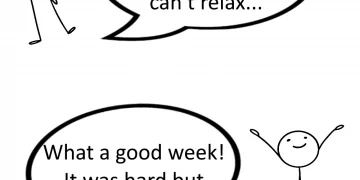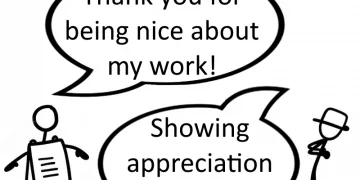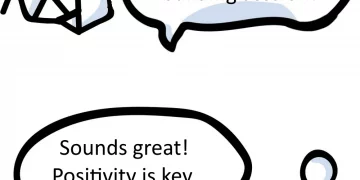
What Does Resilience Mean!
Resilience is the ability to bounce back, to rise again after falling or difficulties.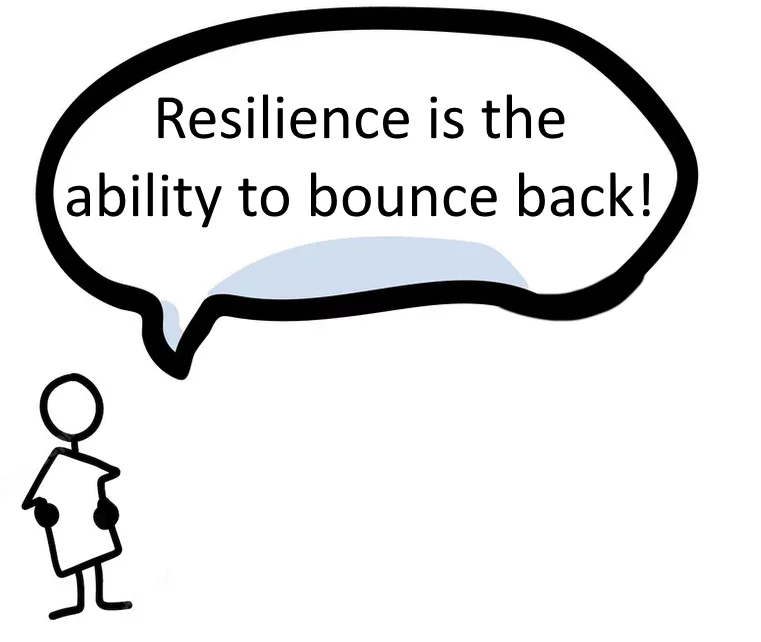
“It’s your ability to withstand adversity and bounce back and grow despite life’s downturns,” – Amit Sood, MD.
This quote comes from the executive director of the Global Center for Resiliency and Well-Being, creator of the Resilient Option program.
Being resilient does not mean avoiding difficulties, but working through emotional pain and suffering without compromising your mental health.
We take hundreds of people every year from shy and stressed to confident and resilient with our top-rated resilience courses.
Building Resilience
Resilience is a skill. Resilience can be learned and developed. It isn’t something that you have, or you don’t have, you develop resilience.
At work, we are faced with stress in too many forms.
Modern workplaces in recent times have been stressful places. Coronavirus has led to staff lay off, unreasonable and changing workloads, and endless organizational changes.
Resilience building will allow you to succeed despite the stress.
If resilience is what allows you to thrive despite stress, then we need to start by defining stress.
Once you learn about stress – your self-confidence will build in turn!
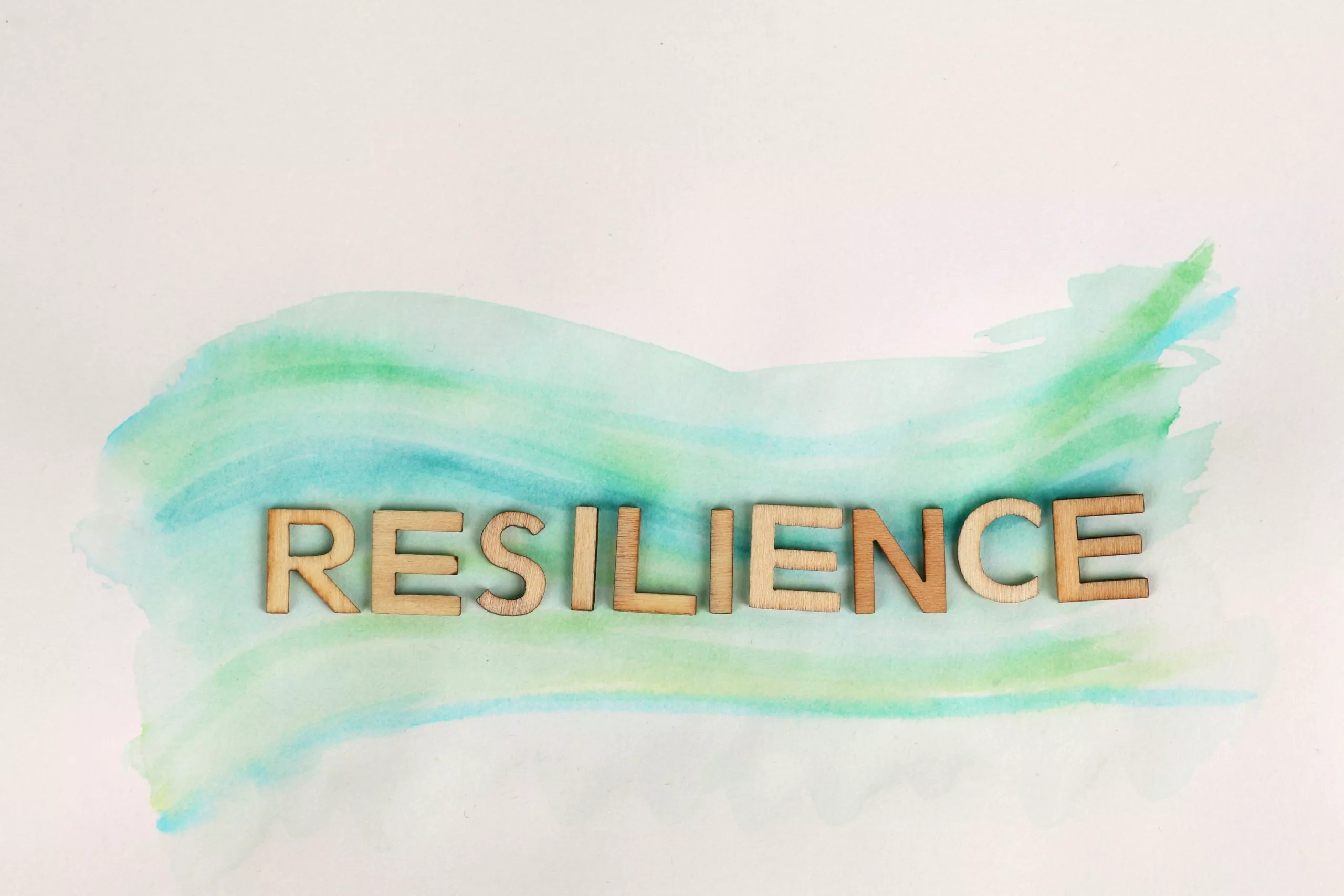
What Is Stress?
Stress varies from person to person. It is the response to feeling threatened, or under pressure.
In small and moderate amounts, stress can be a good thing, but when it is excessive or present for extended periods it is harmful.
There are clear signs of stress that include the following:
• Mood changes
• Digestive problems
• Feeling anxious
• Headaches
• Physical aches and pains
• Difficulty sleeping
• Low energy
The WHO defines work-related stress as follows:
“Work-related stress is the response people may have when presented with work demands and pressures that are not matched to their knowledge and abilities and which challenge their ability to cope.”
One of the most common triggers of stress at work is poor time management.
The more you are in control of your time and workload, the less pressure you feel.
Feeling overwhelmed with work and unable to prioritize clearly is a major cause of stress cause.
While it isn’t the only solution, good time management is a foundational skill for being resilient.
It allows you to get more done in less time, and also to be confident that you are putting your energy into your most important tasks.
Another frequent cause of stress is being uncertain.
Where people lack problem-solving skills, they find they get ‘stuck’ and this is very stressful.
Resilience people tend to be good at problem-solving.
They also tend to have good social support. This means they can find answers when they are stuck, and also helps when bouncing back from a failure.

For some top tips on how to manage stress, read here!
Developing Effective Resilience Strategies
Your level of resilience depends on your behaviours and attitudes to stress and pressure.
Resilient people “bounce back” from stressful situations, but they are also able to succeed in the face of adversity.
The ability to move forward after a setback or stressful situation is one of the keys to success.
Everyone will find that different techniques work differently for them. It is a case of trying them out and figuring out what works best for you.
For more on resilience, check out our resilience statistics here!
The techniques that people find most helpful are:
- Self-awareness
- Mindfulness
- Positive relationships
- Self-care
- Purpose
Let’s take a look at each in order.
Self-Awareness
Self-awareness means being aware of your thoughts, emotions, and reactions.
It is the ability to predict your responses to stress and adversity and handle them. Self-awareness is essential to resilience. Resilient people are aware of their emotions and reactions and can control them in the face of diversity.
Practice Mindfulness
Mindfulness is the idea of learning how to be fully present, aware of your thoughts and feelings without distraction or judgment.
According to the definition coined by Kabat-Zinn, “It’s about knowing what is on your mind.”
By being mindful of what is happening now and separating it from how we feel, we can build resilience. Doing this allows you to understand and control your emotions (to an extent!) rather than be controlled by them.
Mindfulness can be developed in a number of different ways, which include:
-
- breathing methods
- guided imagery
- carrying out a body scan
If you would like more details on mindfulness, see this great article.
Develop Positive Relationships
Positive relationships are all about support.
Having a strong support system is integral to being resilient.
“We human beings are social beings. We come into the world as the result of others’ actions. We survive here in dependence on others.” Dalai Lama XIV
Taking time to build effective relationships with others will make you more fulfilled, supported, connected, and so resilient.

Practice Self-Care
You have to look after yourself if you are to deal effectively with what life throws at you. Healthy people are resilient people.
Self-care is simply the act of taking time to look after yourself. Many people spend more time maintaining their car than they do themselves, with predictable consequences.
In health care, self-care is any necessary human regulatory function under individual control, deliberate, and self-initiated.
At it’s simplest, self-care can be very simple acts you practice daily, such as getting enough sleep time, eating healthy food, or exercising.
Know Your Purpose
Knowing your purpose is knowing your why.
If your actions, and so the stress that they lead to, are all in service of a large, exciting goal, then that makes the difficulties far easier to bear.
Without a why, the stresses and strains become far more difficult.
So try to relate yours actions to a larger purpose. This could be faith, family, friends, saving the environment, or any else that is important to you.
Defining your purpose will make the inevitable ups and downs far easier to bear.
Using these strategies will even help you to overcome imposter syndrome!
Conclusion: Resilient People
Resilient people are the same as everyone else, they face stress every day and are affected by it.
The difference is that resilient people use coping strategies to manage stressful situations, face adversity, and improve their mental health.
They are aware of their triggers and know how to limit the effect they have on their mental health.
Their response to stress is what makes them resilient. They control their stress rather than the other way round.
Image Source: Pixabay, Pixabay
Looking for more resilience information? You can read our resilience statistics here!
